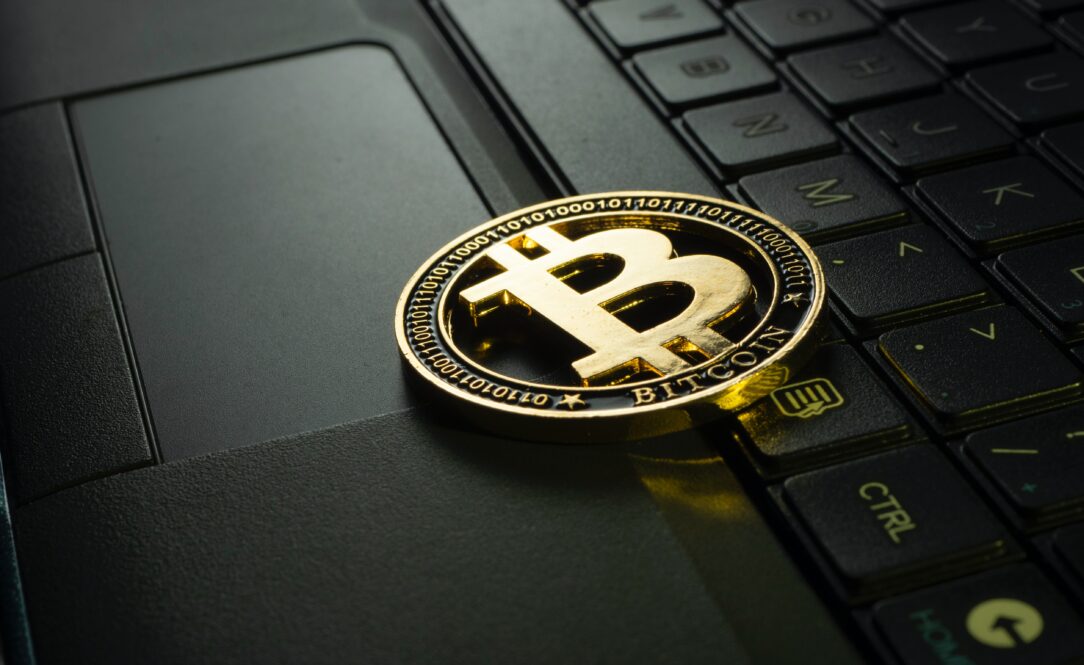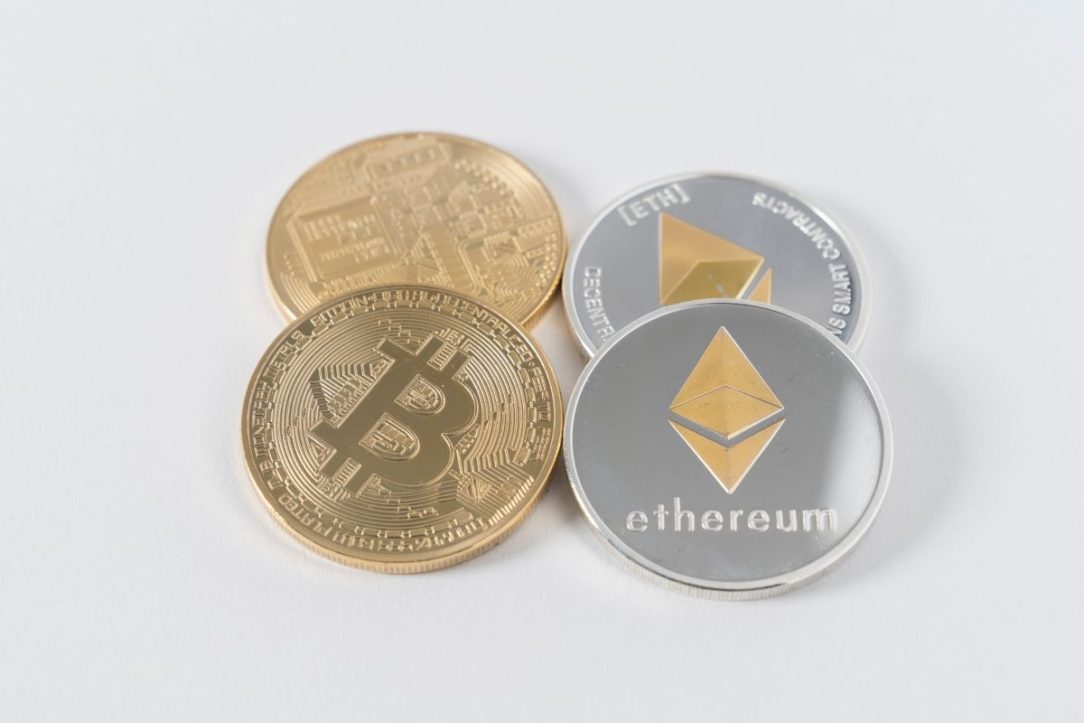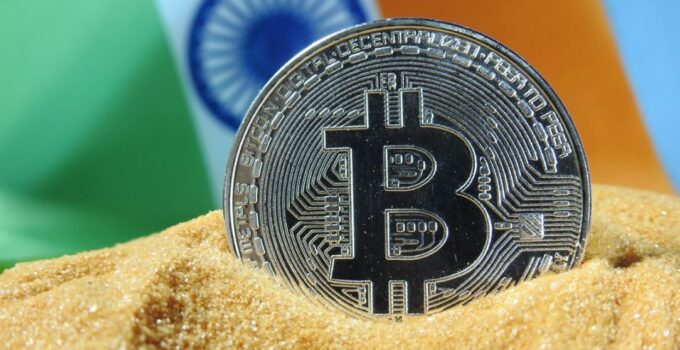The virtual assets widely used for making investments and online purchases are known as cryptocurrency. Although a majority of the population is still skeptical about using them as a mode of payment, they are secure. As these assets are protected by cryptography, it is almost impossible for anyone to double-spend or counterfeit them.
The market for these virtual currencies, including Bitcoin, Dogecoin, and Ethereum, is expanding rapidly and is vast compared to its size about a decade ago. They have become common buzzwords among the crypto frenzy people, and investors are drawing towards them as they provide quick ways of earning higher profits.
This article will tell you if it is permitted to use digital money as a payment method in India, what products you can buy, and services you can avail of using it. But first, let’s discuss how its market works.
How Does the Cryptocurrency Market Work?
The crypto market works very differently from the stock market that imposes various regulations and rules on the parties engaged in the transactions. Because of this reason, the value of virtual money is highly volatile – it swings up and down so frequently, even within a day, that people are less inclined to risk their hard-earned cash in them.
By mentioning the term digital, you must have got a fair idea that cryptocurrency does not exist in a physical form. Similarly, no crypto market exists in real life, unlike the financial market. It is worth noting that although you can hold physical money in your hands, you cannot do so with bitcoin.
The cryptocurrency market is not regulated by a central authority, implying that there is no upper body you can go to in the events of grievances. That’s one of the main reasons people find it unreliable and are unwilling to invest their money. Thankfully, all the tasks involved in a crypto transaction are distributed among the users via the internet. So, there’s some level of reliability.
We already know that the crypto market is not regulated by a central figure, instead of by a chain of computers, using peer-to-peer technology, with no mediator. Further, the government and central bank have no authority over its management, making, value, and exchange. But the rules provide adequate security by allowing only the sender and receiver to view the texts.
What Stuff Can You Buy Using Digital Money?

Source: unsplash.com
India is slowly lifting its barriers in using virtual money as a mode of payment, and people are also accepting it. Although there still exists some doubts and skepticism among people, we will not be wrong to conjecture that it will likely become a legitimate and initial payment method in the future.
Online money is ideal for purchasing a range of things including real estate, automobiles, food, beverages, grocery, electronics, and beauty products. Major retailers such as Starbucks, Baskin and Robins, Himalaya, Tesla, Home Depot, Microsoft, etc., accept crypto as money.
As digital money is being widely accepted as a reliable payment method, it brings us to a central question – Is it legal to use it in India?
Does The Indian Government Permit Cryptocurrency?
Asian countries have accepted virtual money as a legal tender. Similarly, the Indian government also permitted its usage across the country for online trading with its rising usefulness in China, a significant market. But just when its use was at its peak, the federal government decided to ban it. And the reason behind the decision is not surprising at all!
The central bank of India, RBI (Reserve Bank of India), believed that using this money at a broader scale could affect investors’ identity. As crypto permits users to carry out transactions anonymously, and on top of it, intrinsic value is scarce as an asset does not support them, the government found it wiser to ban its use.
Furthermore, a few other risks are linked to using crypto across the country and investors’ safety. It includes allowing a new level of fraud and digital scamming. And if the government doesn’t ban it now, the consequences might be far too challenging to handle in the future. Also, the more the transactions, the more case uses there will be, causing a boost in its intrinsic value.
It is essential to note that RBI prohibited the usage of crypto as a legal tender in 2018. It restricted all the commercial banks across the country from helping the crypto traders. But after a fair amount of solicitation, it overruled the ban in March 2024, just before the coronavirus pandemic hit the world, especially the financial market.
With the rise in the number of countries backing virtual currencies, the Indian government realized its importance. And since the ban was lifted when people were facing lockdown and movement restrictions, it witnessed a sharp rise in value. The central bank even declared considering launching its own cryptocurrency in a phased manner.
Parting Words

Source: unsplash.com
At the moment, there is no legislation surrounding cryptocurrency in India. But it does not imply that owning it is prohibited. It simply means that the users of digital currencies won’t be able to enjoy the same level of safeguards as enjoyed by the owners of legal assets. The reason is as straightforward as the absence of an authoritative figure in its dealings.
The RBI has an ombudsman from whom you can seek answers to your grievances in the banking system. But in the virtual money market, there is no such person. You may visit this site to learn more about bitcoin trading and take advantage of various opportunities.
But the Indian population is optimistic about the government changing its regulations relating to crypto in the near future. Hopefully, the authorities will table a cryptocurrency bill in Parliament soon, given that the currency provides the country a possibility of many amazing innovations. It is also expected that the government might even recognize it as a legal asset, just like stocks, gold, and real estate.




